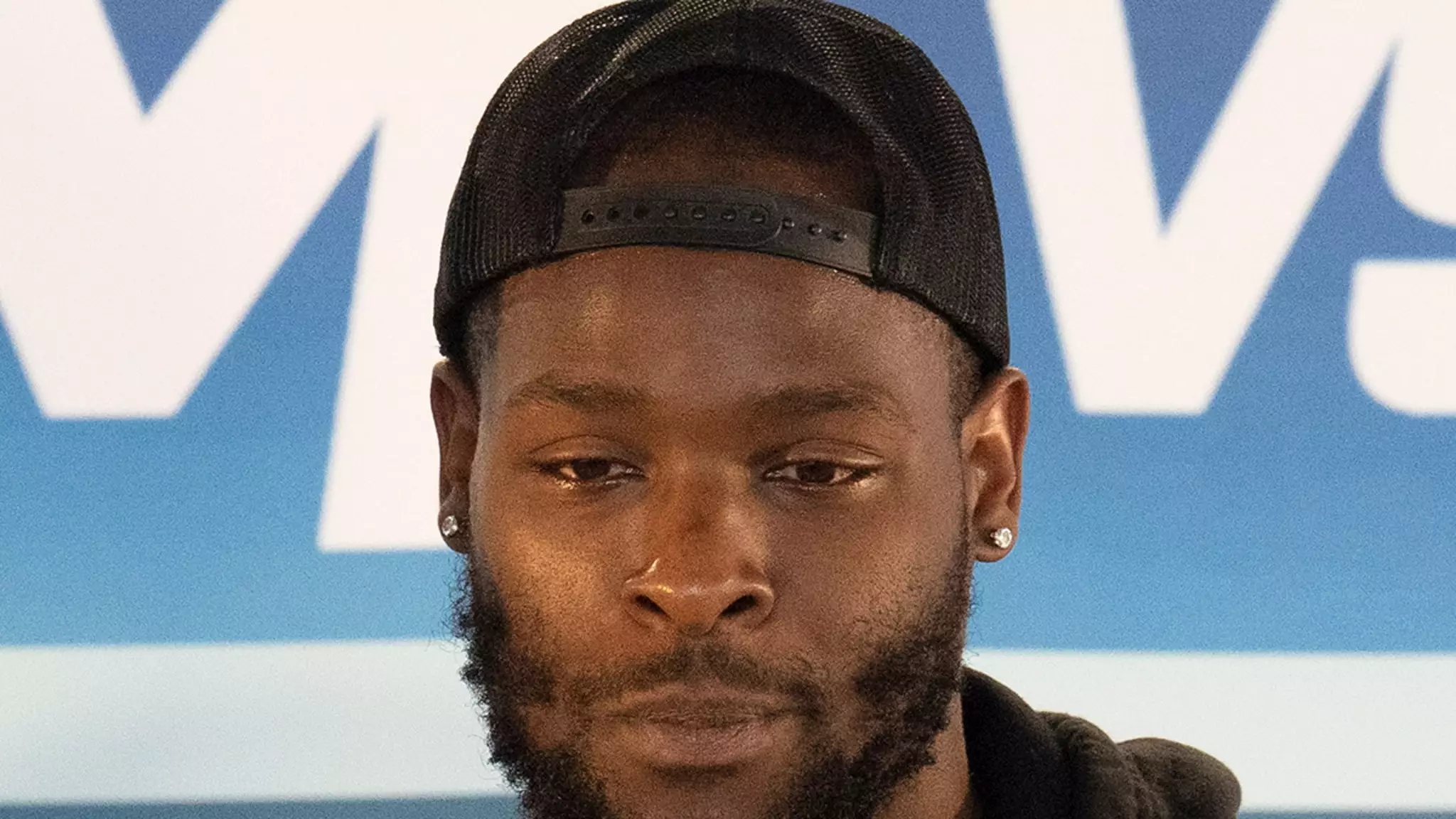The world of sports is often marred by notable scandals, but the allegations against former NFL star Le’Veon Bell distinctly stand out. Recently, a lawsuit surfaced that claims Bell engaged in a decade-long series of sexual abuses against his cousin, Jada Bell, beginning when she was just six years old. Such claims are undeniably grave and, if true, reflect a horrifying abuse of power and trust. However, Bell’s vehement denial of these accusations adds a complex layer to the situation, raising important conversations around truth, credibility, and justice within sensitive cases, especially those involving minors.
The Legal Framework and Default Judgment
According to reports, a Franklin County, Ohio judge awarded a default judgment of $25 million in Jada’s favor, determining that Bell was served properly and failed to respond. Yet Le’Veon Bell’s legal team contests this judgment, labeling it “bogus” and asserting that their client was never properly served with the lawsuit documents. This critical point ignites a discussion on the due process rights that should be afforded to every individual, regardless of their social standing or previous profession. Bell’s attorney claims that their client was out of the state during the alleged service, leading to a violation of his Fifth Amendment rights. This case illustrates the perilous nature of legal proceedings where an individual is never offered an opportunity to contest the claims made against them.
Victim’s Perspective vs. Legal Defense
From Jada Bell’s perspective, the lawsuit is an attempt to seek justice for what she alleges were years of torment. Her allegations detail a deeply troubling and traumatic childhood, which warrants careful consideration and empathy. It’s critical to acknowledge the courage it often takes for victims to come forward with accusations that could unravel their lives. However, the accusations must also be rigorously evaluated, ensuring that the legal processes do not become a tool for wrongful convictions or unjust assessments of character.
Le’Veon Bell’s assertion that he did not receive due process before the judgment points to the complexity of the legal system when intertwined with personal narratives of trauma. The system must protect the rights of both the victim and the accused, especially given the severe implications of each party’s claims.
Reflection on the Wider Implications
As this case unfolds, it casts a spotlight on the sports industry and the culture surrounding athletes. Generally shielded by their celebrity status, athletes like Bell are often presumed innocent until proven guilty, yet when accusations of such severity arise, public perception quickly shifts. The media frenzy surrounding such allegations complicates both the legal proceedings and the reputations of the individuals involved. The outcome of this case could set a poignant precedent regarding how similar allegations are processed in the court system moving forward.
In an era where social media can quickly amplify allegations and create widespread narratives, ensuring a fair and just process becomes even more critical. As Bell navigates his legal battle while attempting to revitalize his career in boxing, the repercussions of these claims will undoubtedly follow him, highlighting a larger societal issue about how we treat allegations and the individuals involved in these harrowing narratives.

Leave a Reply